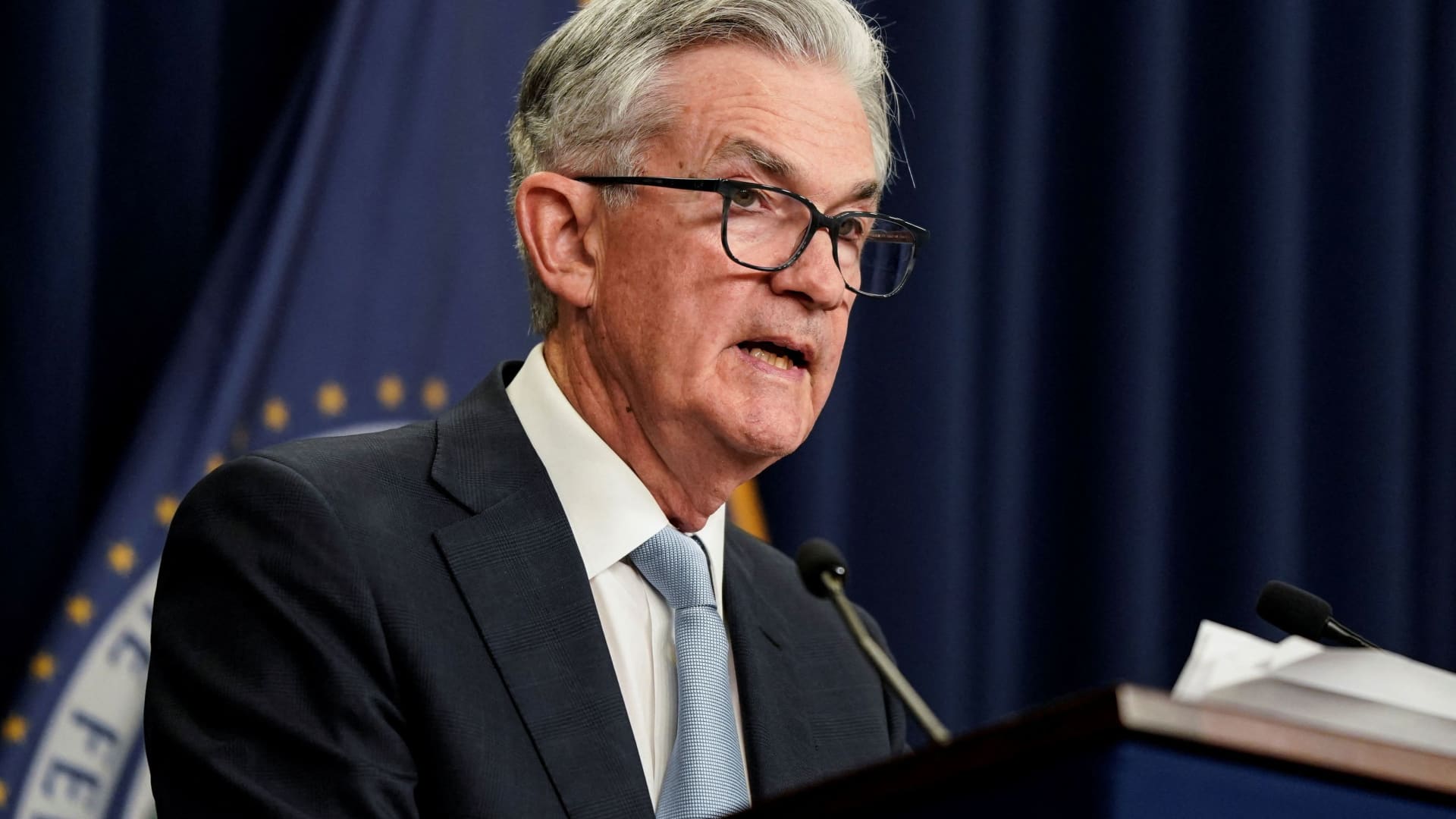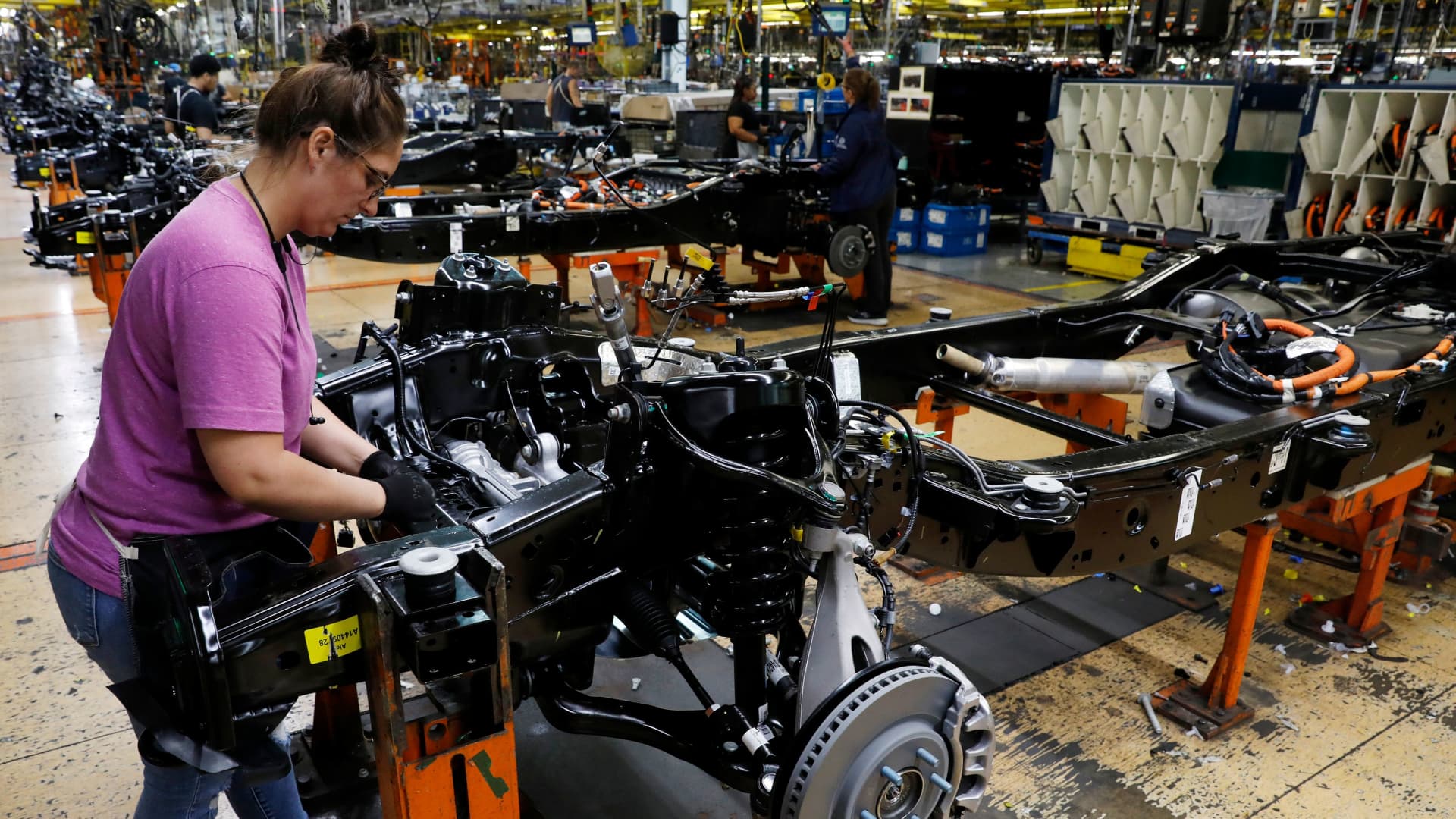US Markets
Thursday, February 22nd, 2024 5:46 pm EDT
Key Points
- IRS crackdown on tax evasion: IRS Commissioner Danny Werfel reveals that millionaires and billionaires evade over $150 billion annually in taxes, prompting the agency to launch multiple programs targeting complex tax returns to ensure fair contributions from all taxpayers.
- Funding constraints and IRS efficiency: Werfel attributes the decline in tax audits, especially for high-income individuals, to inadequate funding over the years, leading to difficulty in determining tax obligations accurately. The IRS aims to rectify this imbalance by investing in resources to ensure fairness in tax assessments.
- Enhanced enforcement efforts and AI utilization: Despite criticism from some Republicans, the IRS’s expanded enforcement efforts aim to recover significant tax revenue, with a recent success in collecting unpaid taxes from millionaire taxpayers. Leveraging AI, the IRS is implementing programs like the Large Partnership Compliance program to identify tax evasion more efficiently while minimizing audits for compliant taxpayers, contributing to a fairer tax system.
The Internal Revenue Service (IRS) is intensifying its efforts to tackle tax evasion among millionaires and billionaires, estimated to surpass $150 billion annually, exacerbating government deficits and fostering an imbalance in the tax system. With substantial new funding from Congress, the IRS has initiated a comprehensive crackdown targeting wealthy individuals, partnerships, and large corporations. Commissioner Danny Werfel highlighted the significance of addressing tax gaps, emphasizing the imperative of ensuring every taxpayer contributes their equitable share. Years of inadequate funding have hindered the IRS’s ability to conduct audits effectively, particularly concerning complex returns, leading to a substantial decline in audits of high-income individuals despite a significant increase in their numbers. Recognizing the necessity for fairness, Werfel stressed the importance of investing in resources to enable the IRS to accurately determine tax obligations, irrespective of filers’ complexity. However, some Congressional Republicans have voiced concerns regarding the expanded enforcement, arguing it will burden small businesses and yield insufficient revenue. Despite this, the Treasury Department estimates substantial revenue gains from enhanced IRS enforcement, highlighting the agency’s significant success in recovering unpaid taxes from millionaire taxpayers, amounting to over $480 billion. Recently, the IRS announced plans to audit owners of private jets, utilizing public databases and analytics tools to identify potential tax evasion. Additionally, the agency is scrutinizing limited partnerships, where income may be shielded to evade taxes. Leveraging artificial intelligence, the IRS aims to enhance its audit selection process, ensuring precision in identifying high-risk returns while minimizing audits for compliant taxpayers. Through these initiatives, the IRS endeavors to foster tax compliance and rectify disparities in the tax system
For the full original article on CNBC, please click here: https://www.cnbc.com/2024/02/22/tax-evasion-by-wealthiest-americans-tops-150-billion-a-year-irs.html




